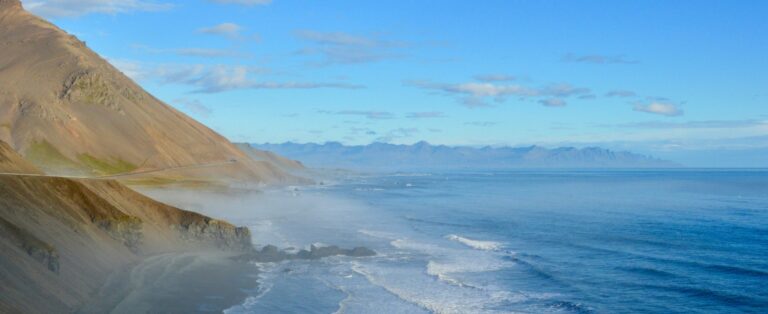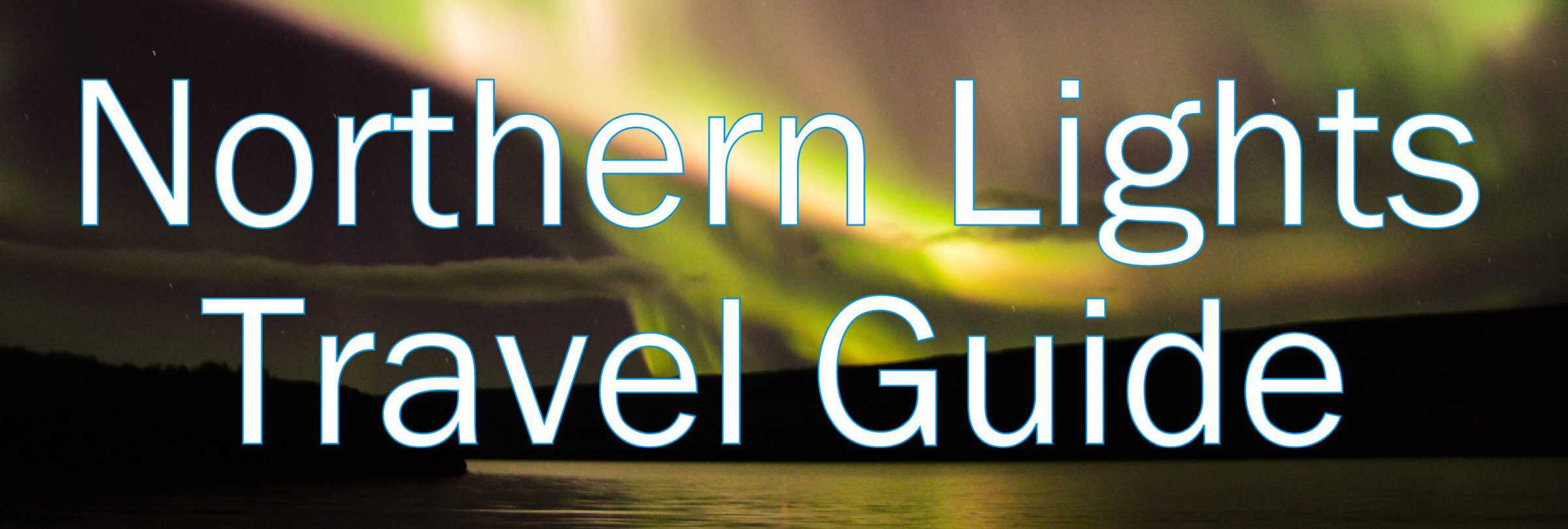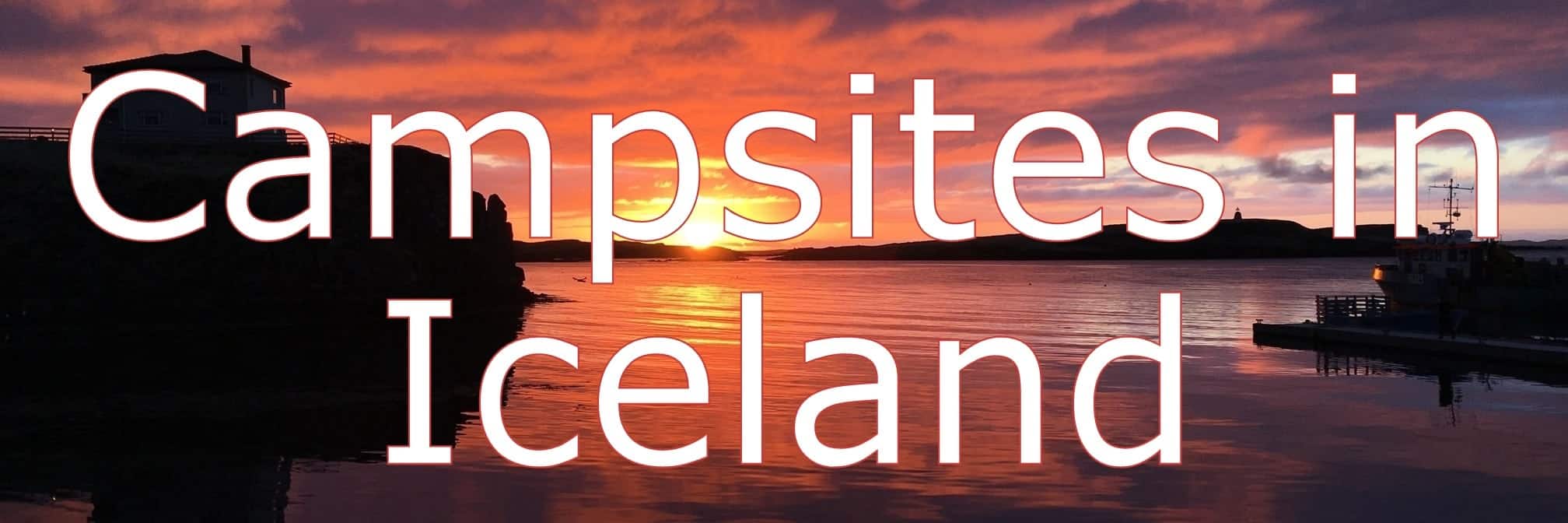It’s often said that if you don’t like the weather in Iceland, just wait 15 minutes. And there’s some truth to that — weather here changes quickly and can surprise you in every way. If you’re planning to visit Iceland during the winter (from late October to April), you’re in for an adventure like no other. Winter camping in Iceland is the perfect activity to immerse yourself in the raw beauty of this incredible country. But to make the most of this adventure, it’s important to be prepared.
So, to help you get ready for your outdoor journey into Iceland’s winter wilderness, we’ve put together the ultimate winter camping essentials list. From the right clothing to keep you warm, to the best campsites to park your campervan, and important safety tips to make sure your winter road trip is both exciting and safe, we’re here for you. Here’s everything you need to know before you set out on your Iceland winter camping experience.
Why Go Winter Camping in Iceland?
Winter is a fantastic time to explore Iceland with a campervan, not only because the landscape transforms into a stunning winter wonderland, but also because the off season is a chance to experience the country in a quieter, more intimate way. With the summer crowds gone, you get to enjoy Iceland’s amazing scenery almost all to yourself.
Here are some of the reasons we always recommend camping in winter in Iceland:
Lower Prices
Road tripping across Iceland during the winter means you’ll benefit from lower prices on everything from campervan rentals to campsites. With most tourists visiting June through August, summertime prices can be steep, but winter gives you more budget-friendly options, allowing you to explore all the wonders the land of ice and fire has to offer—without breaking the bank.
Less Crowded
One of the best parts about winter camping in Iceland is the solitude. With fewer tourists around, you can explore popular spots like the Golden Circle, the Blue Lagoon, or the South Coast without the usual crowds, tourist buses, and lack of parking spots.
Northern Lights
We’ll be honest—there’s nothing quite like watching the Northern Lights. Few experiences compare to seeing the aurora borealis swirl and dance across the night sky, and winter is the ideal time to catch them in action. With a campervan, a fully-stocked kitchenette, and layers of warm clothing, you have the flexibility to chase clear skies and discover the perfect viewing spots. Far from the city lights, you can park, cozy up, and witness this natural spectacle unfold right above you—an epic sight that never gets old.
Christmas Festivals
Winter in Iceland is something special, especially around the holidays. Think twinkling lights, cozy markets, and local traditions that light up the streets. Whether you’re traveling solo, with friends, or with family, you’ll feel like a kid again surrounded by the festive activities and North Pole-like vibes that make Christmas time here in Iceland truly magical.
Iceland Winter Landscapes
Winter in Iceland is not only stunning and otherworldly—it’s surprisingly not as cold as you might think. The landscapes are transformed into a mix of snow-covered mountains, frozen waterfalls, and huge glaciers, creating a scene that feels straight out of a fantasy. Yet, despite the icy appearance, temperatures typically range from -1°C to 4°C (30°F to 39°F), which means that with the right clothing, it’s a great time to explore the breathtaking beauty of Iceland’s winter.
Geothermal Hot Springs
After a day of braving the cold, nothing beats sinking into one of Iceland’s iconic geothermal hot springs. There are plenty of spots to unwind and recharge during your winter camping adventure, from the famous Blue Lagoon to more secluded spots off the beaten path, so don’t forget to bring your swimsuit.
Know Before You Go
While winter camping in Iceland is an incredible experience, there are a few things to keep in mind before hitting the road. Here’s what you need to know:
Shorter Days
During winter, daylight hours in Iceland are quite limited, with the sun rising late and setting early. This means you’ll have less time for daytime activities and exploring. So, plan your schedule carefully to make the most of the day for sightseeing and use the long evenings to relax, stargaze, or hunt for the Northern Lights.
Weather Conditions
Icelandic weather in winter is nothing if not unpredictable. You might experience calm, clear skies one moment and sudden snowstorms the next. Be prepared for all types of weather by packing appropriately, keeping an eye on forecasts, and always having a flexible itinerary to accommodate sudden changes.
Poor Road Conditions
While campervans in Iceland are equipped to handle winter driving, poor road conditions can still be a challenge. Depending on the weather, you might come across icy roads, heavy snowfall, and strong winds. That’s why it’s important to drive carefully, take it slow, and be on the lookout for sudden changes in the weather. Always check road conditions before setting out, and keep in mind that some routes may be temporarily closed or difficult to navigate.
For tips on safe travel in Iceland check out safetravel.is
No Highlands Access
If exploring Iceland’s remote Highlands is on your bucket list, know that most highland roads are closed during the winter months due to heavy snow and harsh conditions. While this limits access to some areas, there are still plenty of amazing and accessible destinations along the coast and lowlands to satisfy your sense of adventure. To learn more, read our blog about driving the Highlands.
Tour Cancellations
Winter weather can sometimes lead to unexpected tour cancellations, especially for activities like glacier hikes or whale watching. While this can be disappointing, think of it as part of the adventure, but be sure to have backup plans in place and consider booking flexible or refundable options whenever possible.
Where to Winter Camp in Iceland
If you’re planning to camp in Iceland during the winter, here are some of the best spots to set up camp with your campervan:
- Reykjavík Campsite
- Akureyri / Hamrar Campsite
- Vogar / Myvatn Campsite
- Þingvellir (Thingvellir) National Park
- Skaftafell Campground
- Vik Campsite
- Egilsstaðir Campsite (Camp Egilsstadir)
- Kirkjubæjarklaustur Campsite
- Grundarfjörður Campsite
- Lífsmótun (Hjalli) by Laugar
- Djúpivogur
For more options, check out our list of the best campsites in Iceland.
Winter Camping Safety
While Iceland is often ranked the safest country in the world, it’s always important to take some precautions. Here are some best practices and tips to keep in mind while winter camping in Iceland:
- Leave a travel plan: Always leave a detailed travel plan with someone you trust before you head out. Include your route, planned stops, and estimated return time. This way, if something unexpected happens, someone will know where you are supposed to be.
- Check the weather regularly: Icelandic weather is famously unpredictable, especially in winter. Make it a habit to check the weather forecast frequently and be prepared to adjust your plans if conditions change suddenly. The Icelandic Met Office provides reliable, up-to-date weather information.
- Monitor road conditions: Winter road conditions can be challenging, especially if you don’t have a lot of experience driving in snow, ice, and strong winds. Check road.is for real-time road conditions and closures before setting out each day. Drive cautiously, and if the weather turns bad, don’t hesitate to change your plans or stop somewhere safe while you wait it out.
- Pack emergency supplies: Always have an emergency kit on hand when you go winter camping. Iceland travel can be unpredictable, so it’s better to be over-prepared. Include extra warm clothing, blankets, food, water, a first aid kit, a flashlight, and a fully charged phone or radio.
- Use a GPS and map: While GPS is essential, don’t rely on it alone. Carry a physical map as a backup, and familiarize yourself with your route before you start. GPS signals can be unreliable in some of Iceland’s more remote areas, so having a map can help you stay on course.
- Respect nature: Iceland’s landscapes are jaw dropping but can also be dangerous if you’re not careful. Stay on marked paths, avoid getting too close to cliff edges or glaciers, and be mindful of the powerful forces of nature, like waterfalls and ocean currents.
Resources
Here’s a list of essential resources to help you plan and stay safe during your winter camping adventure in Iceland:
- #112: Iceland’s emergency phone number.
- Icelandic Met Office: For up-to-date weather forecasts and warnings.
- Road.is: Real-time road conditions and closures across Iceland.
- SafeTravel Iceland: Travel advice, alerts, and a tool to leave your travel plan.
- Camping Card Iceland: Information on campsites open year-round, including winter-specific options.
- The Icelandic Road and Coastal Administration: Road maintenance updates and driving tips.
- Icelandic Search and Rescue App: An app to send your location to emergency services in case of an emergency.
Winter Camping Gear List
Having the right gear can make your Icelandic adventure not just fun, but also safe and comfortable. If you’re wondering what to pack for winter camping in Iceland, keep reading! This winter camping checklist will help you fully prepare for the adventure ahead.
Clothing
- A sturdy winter jacket: Windproof, waterproof, and well-insulated. It must be able to resist wind properly and keep you dry. A thick down jacket is the way to go.
- Thermal underwear: High-quality base layers for both upper and lower body, preferably with separate sets for day and night.
- Layered upper body clothing: Thermal base, insulating mid-layer (fleece or wool), and your winter jacket.
- Layered bottoms: Thermal leggings, insulating pants, and windproof/waterproof outer pants.
- Insulated boots: Waterproof with good traction, paired with thick, moisture-wicking socks.
- Gloves or mittens: Should be warm and weather-resistant. Mittens generally offer more warmth.
- Head protection: Like a windproof beanie or fleece-lined cap.
- Scarf or neck gaiter: Made of warm, moisture-wicking material to protect your neck.
- Swimwear and towel: For those geothermal hot springs and pools.
- Microspikes or crampons: For added safety on icy trails.
Essentials
- Waterproof backpack: To carry your essentials during hikes and keep them dry.
- Portable charger and extra batteries: Cold weather can drain batteries quicker, so always include a portable charger or external batteries in your winter camping packing list.
- Sun protection: The sun is stronger when it reflects on the snow, making you more likely to get a sunburn if you don’t use sun protection.
- Headlamp with extra batteries: Essential for early morning or late evening activities in limited daylight.
- Insulated water bottle or thermos: To keep your drinks from freezing and enjoying warm beverages on the go.
- Sleeping bag rated for cold weather: Even in a campervan, extra insulation can make your nights more comfortable.
- Cooking equipment: If your campervan doesn’t have a kitchenette, be sure to rent portable winter camping gear with cold-resistant fuel.
Emergency Supplies
- Emergency kit: Extra warm clothing, blankets, non-perishable food, water, first aid kit, flashlight, and fully charged phone or portable charger.
- Physical map and GPS: Remember to always carry a map and know your route.
- Road safety gear: Ice scraper, extra windshield washer fluid, and a small shovel for clearing snow. Should be included with your campervan rental.
Remember: one of the best Iceland winter camping tips is to prepare for the worst so you can enjoy the best! Very few things can destroy a winter vacation like being wet and cold. Bring extra clothes so you can change if needed and remember to enjoy, for you are in for a great, magical ride through the awe-inspiring Icelandic winter landscape.
Extra Tips for Your Winter Camping Trip
Before you head out on your big adventure, keep these tips and best practices in mind for an unforgettable vacation!
- Keep Clothes Dry: Before going to bed, ensure your clothes are completely dry. Any moisture will draw heat away from your body, making you cold during the night.
- Wear Icelandic Wool Socks: Icelandic wool socks are fantastic in any weather and help keep you warm. It’s easier to remove layers if you get too warm than to find clothes while shivering.
- Air Out Sleeping Bags: After a good night’s sleep, air out your sleeping bags to dry any moisture that has accumulated overnight.
- Dress in Layers: If you’re susceptible to the cold, dress in layers before going to sleep. Thin layers are more effective at keeping you warm than one thick layer.
- Keep Snow Out of the Camper: Snow melts and creates moisture, so try to keep it out of the camper as much as possible to maintain a dry interior.
- Dry Swimwear Thoroughly: If you go swimming outdoors, make sure to dry your swimwear and towel thoroughly before storing them in the camper.
- Avoid Cooling Down the Interior: Don’t leave the car door open for too long as this will cool down the interior and make it harder to warm up again.
- Read the Nature: If it’s snowy and windy, observe your surroundings to spot drifts. You don’t want to wake up stuck in a snowdrift!
- Park Smartly: If possible, park your camper facing the wind. This helps minimize the impact of wind on your vehicle overnight.
- Stay Safe in Bad Weather: If the weather turns nasty, drive to the nearest town and stay in safety until conditions improve.
- Inform Someone of Your Plans: Always let someone know where you’re going and when you expect to be back. This can be the hotel you’re staying at before or after the trip.
- Be Cautious with Low Sun Conditions: Low sun conditions can affect visibility. Drive with caution, especially during the extended low-light periods in winter.
- Use Free WiFi for Travel Logs: Make use of the free WiFi in the camper to document your trip. Share your itinerary, progress, and next destinations with your followers.
- Install the SafeTravel App: Download and install the SafeTravel app on your phone for extra safety during your journey.
Explore Iceland with Rent.is
Ready to embark on the adventure of a lifetime? There’s no better way to explore Iceland’s stunning winter landscapes than with the freedom and flexibility of a campervan. Whether you’re chasing the Northern Lights, soaking in geothermal hot springs, or navigating Iceland’s rugged beauty, here at Rent.is we’ve got you covered with reliable, fully-equipped campervans specially designed for Icelandic winter conditions.
Don’t miss out on the unique experience of winter camping in Iceland. Book your campervan today and start planning your adventure today!
Happy Camping! #WohoCamper
Iceland Travel Guides
If you like what you see, please subscribe to our YouTube channel!






